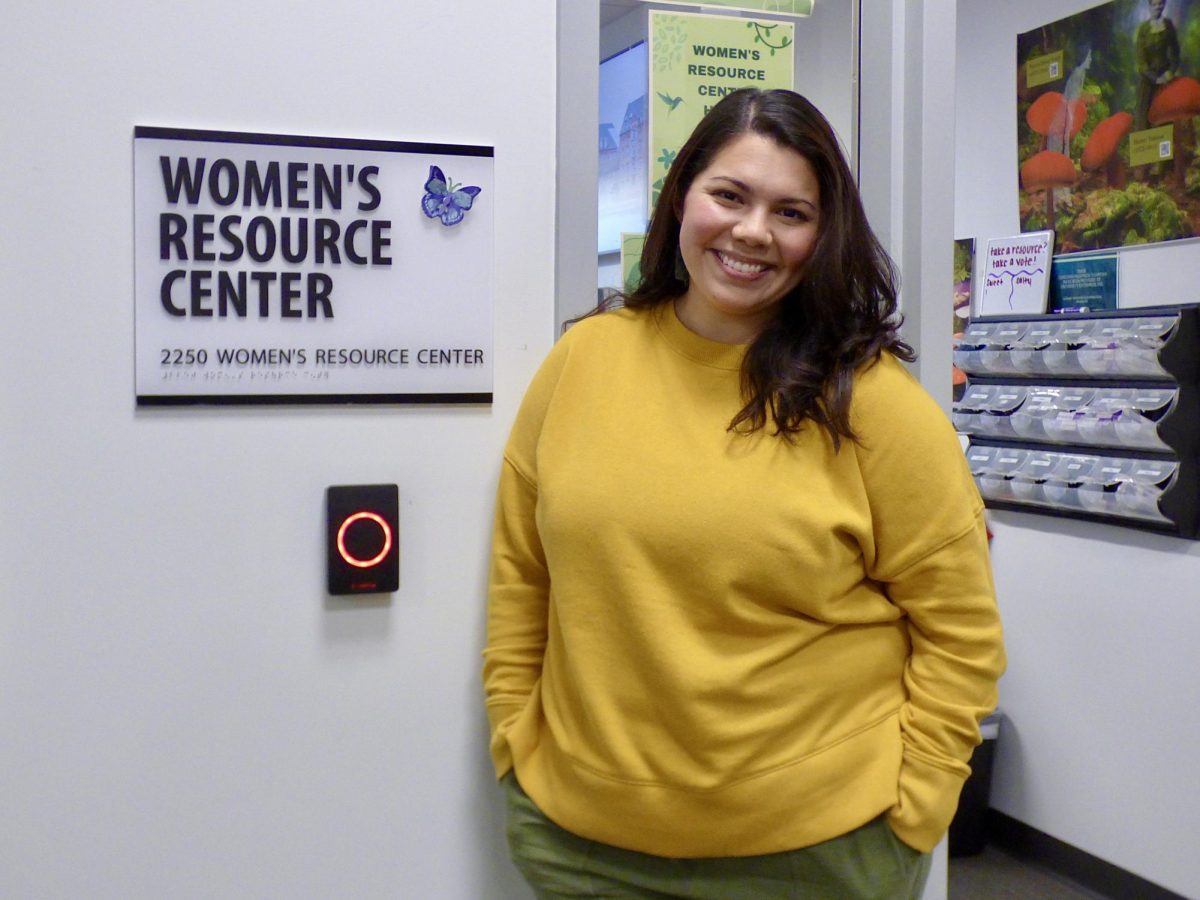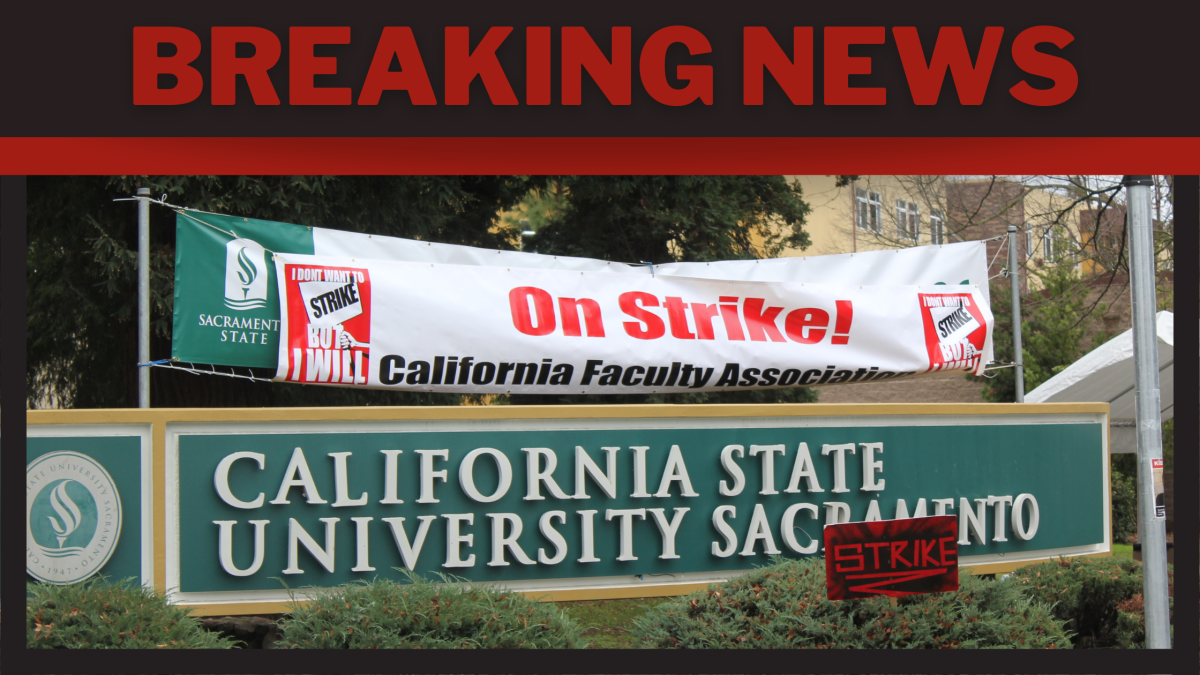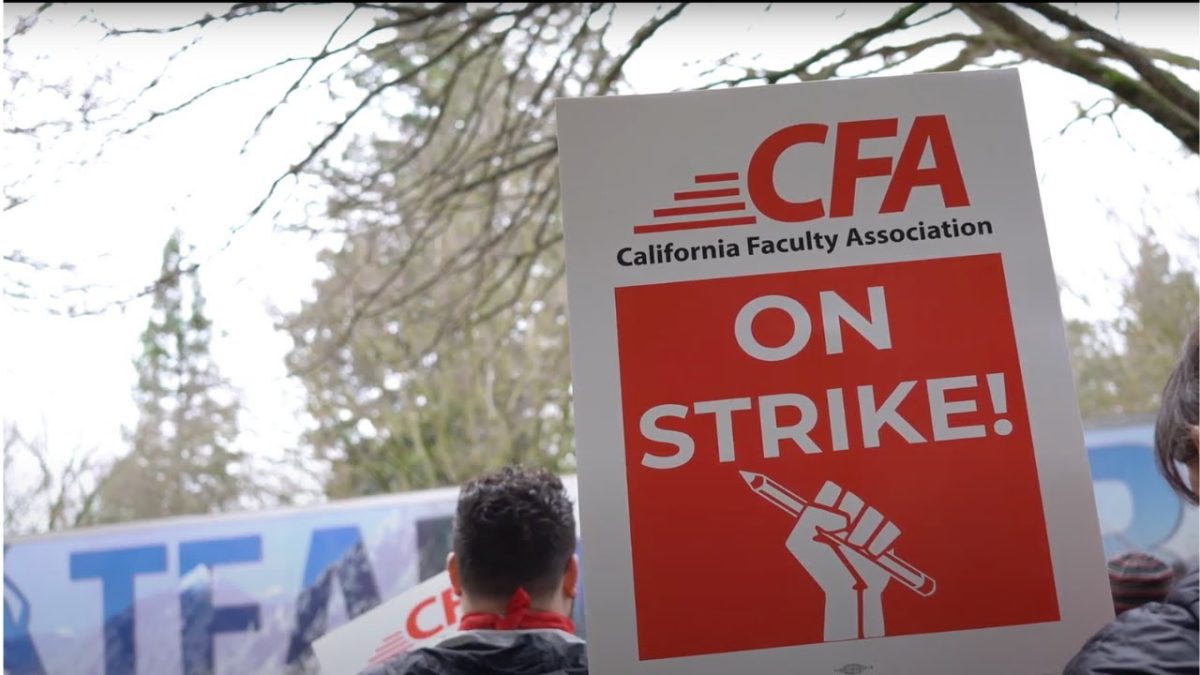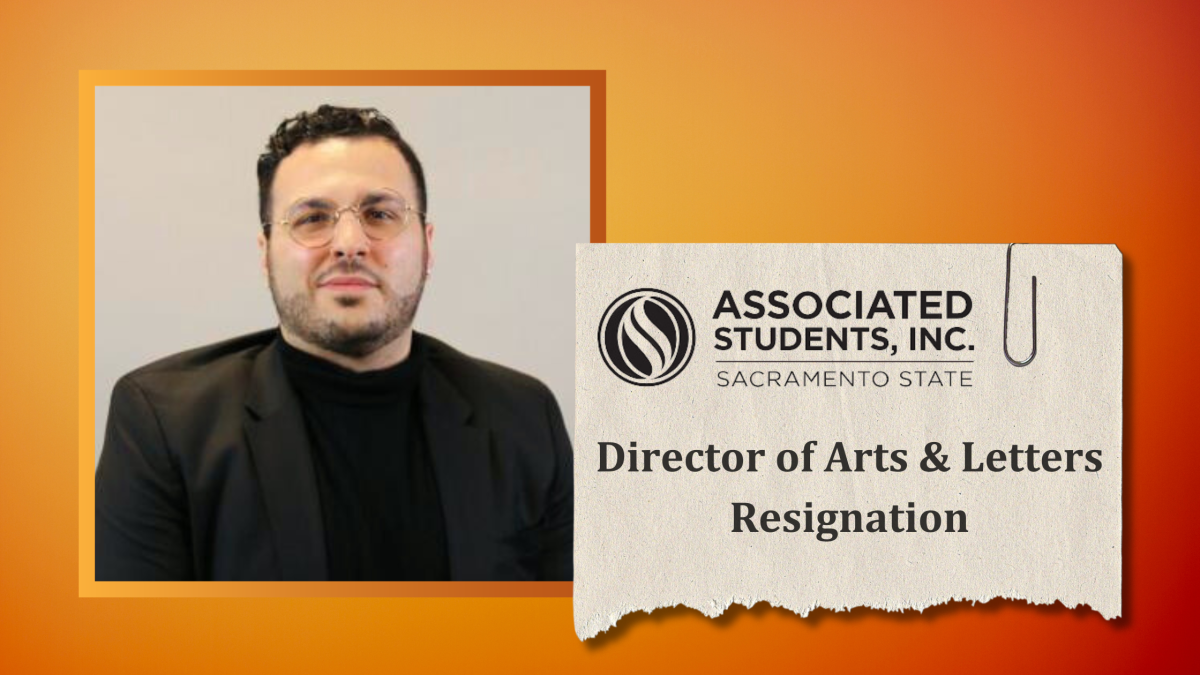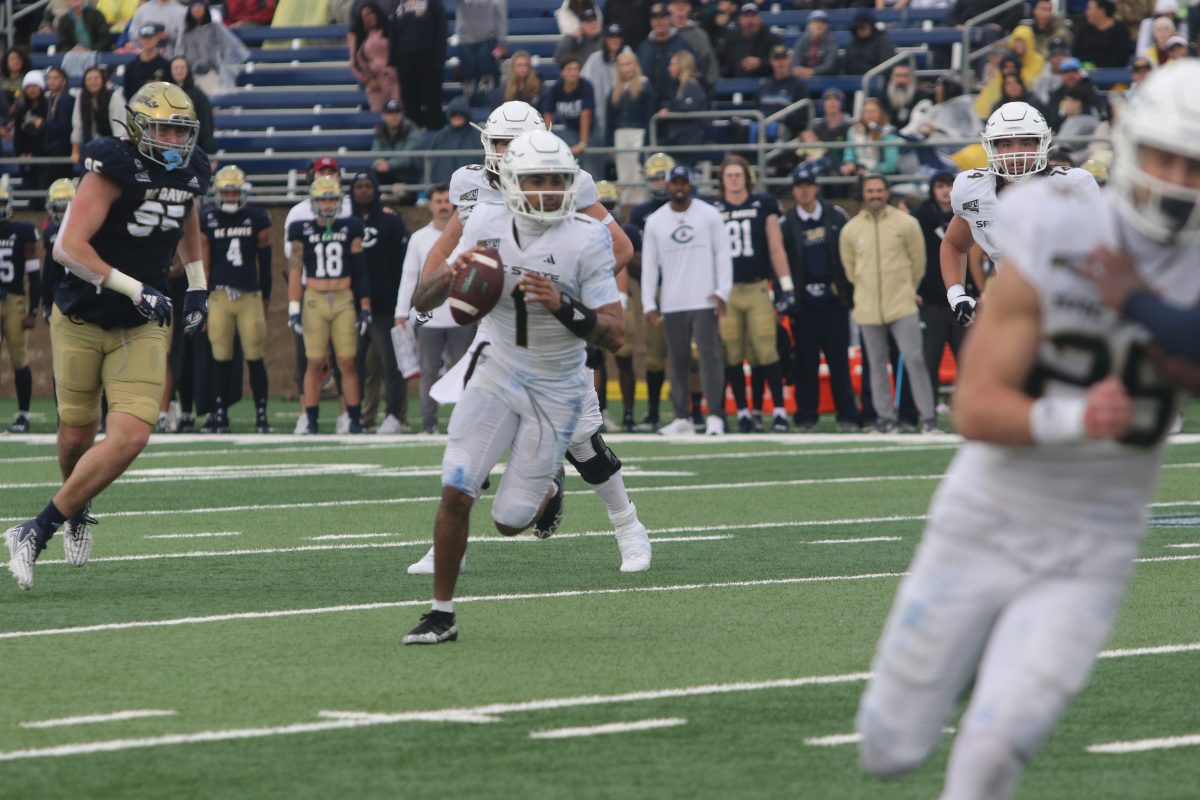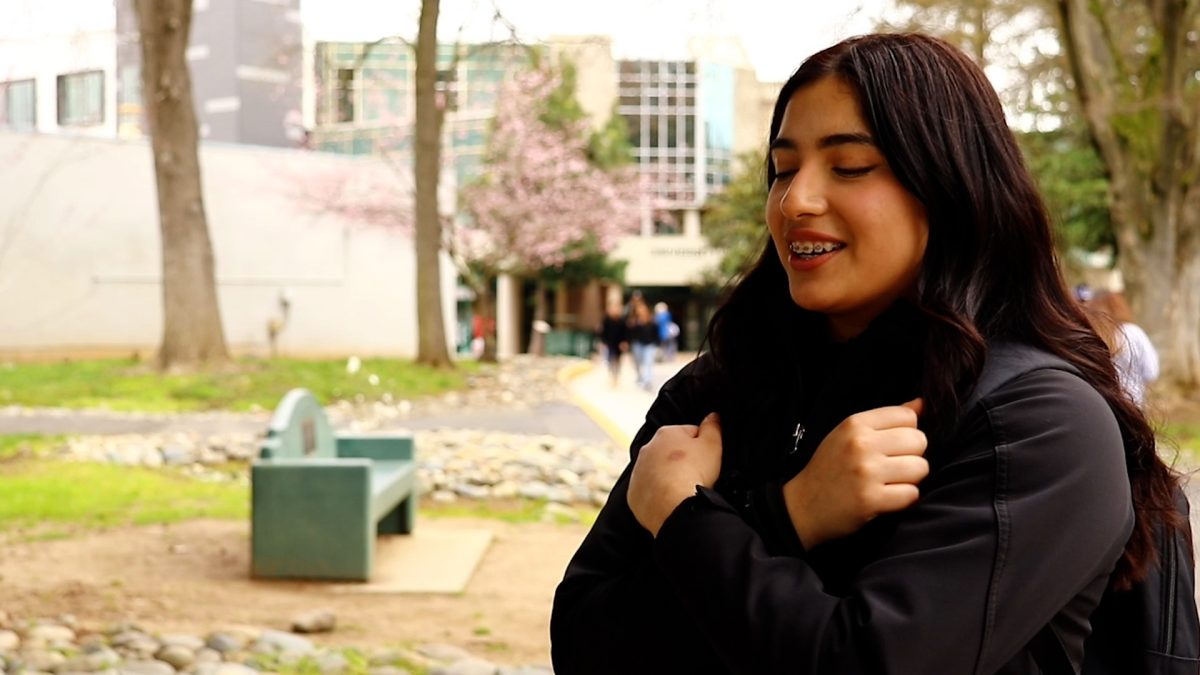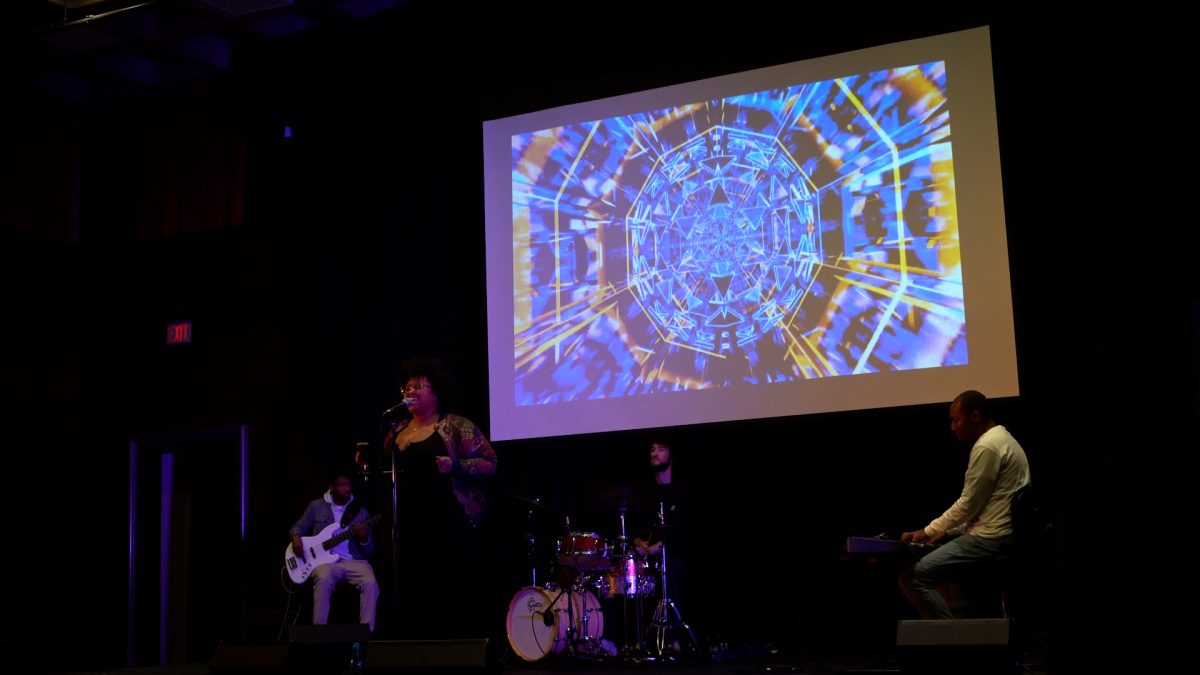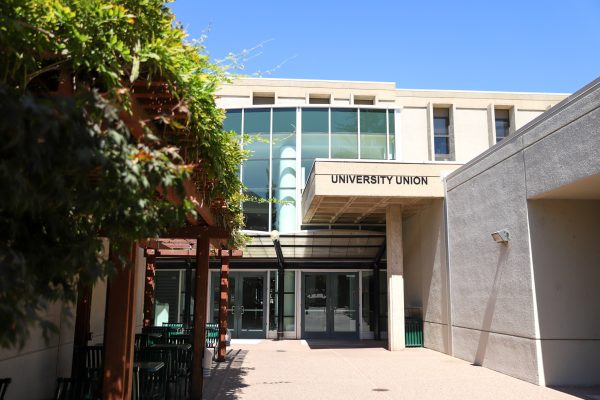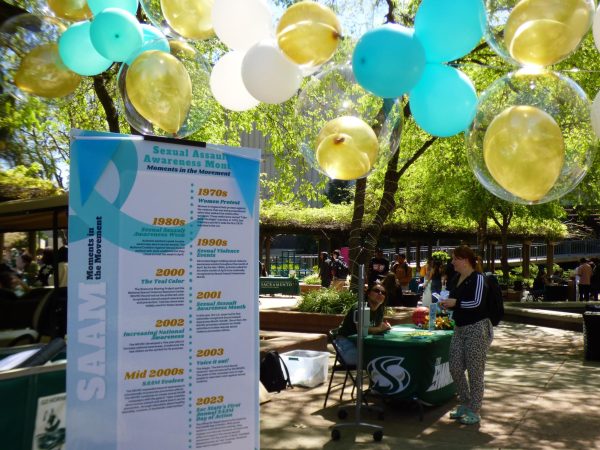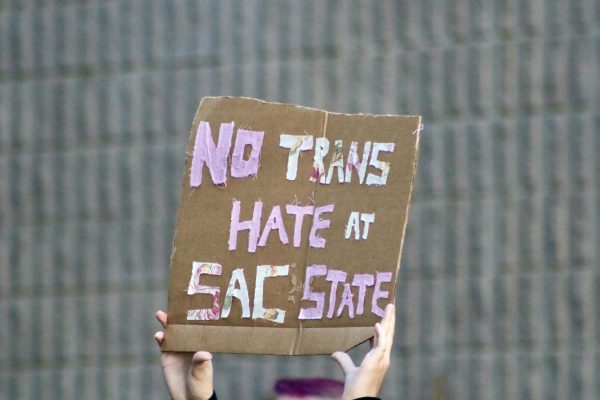Sac State employees allege retaliation
May 14, 2013
The California Fair Employment and Housing Act protects all employees from being harassed, discriminated and retaliated against, regardless of their occupation, race or gender.
But at Sacramento State, there is a history of these allegations made by employees, faculty and staff because they complain and are retaliated for doing so, said Sacramento Chapter President of the California State University Employee’s Union Kim Harrington.
“We have a situation where people’s rights are being violated,” Harrington said. “There is very little support for the individuals whose rights are being violated, and a lot of protection for the people who are violating those rights.”
Harrington said recent lawsuits – involving Director of Engineering Career Services Cici Mattiuzzi and former employee Jeffrey Sharp – demonstrate the management team does not always attempt to resolve issues.
Because of confidentiality, she did not provide comment on other complaints, but said each case was in various stages of representation.
But Director of News Services Kim Nava said Human Resources takes employee conflicts very seriously, and will take a mediatory role before the problem escalates.
She said Human Resources attempts to open a dialogue where conflicts can be resolved, delivers regular training sessions where they teach employees about harassment and retaliation and provides “timely and thorough investigations” into student and employee complaints.
A new position, Investigator for Complaint Equity, serves as another investigator added to each complaint, and Nava said the position speaks to the commitment and resources of the department to resolve conflicts fairly.
“Sacramento State (Human Resources) has a number of ways to have their employees have their concerns addressed,” Nava said. “(Human Resources) takes their obligation to investigate students and employee complaints seriously.”
Cici Mattiuzzi is alleging retaliation and harassment against the university and Engineering and Computer Sciences Dean Emir Macari.
Mattiuzzi claims she is being punished for filing a lawsuit against former Sac State professor Miroslav Markovic in 2009, and a hostile work environment was created when she returned to work in 2010.
Mattiuzzi alleged Markovic of making sexual advances towards students, assaulting a staff member and threatening to shoot several employees. Shortly after the case was filed, Markovic retired, and the case was settled in January 2010.
But the university allowed Markovic to visit the campus to have his personal laptop repaired, and Mattiuzzi alleged the campus refused to shield her from Markovic.
The alleged retaliation continued in April 2010 when Mattiuzzi was excluded from participating in the Workforce Summit, a career event Mattiuzzi said was directly relevant to her role as Engineering Director of Career Services.
Mattiuzzi also alleges Macari removed funds improperly from her career services account, a fund she uses for events, supplies, equipment and services. An alleged $130,000 was taken without her consent, according to court documents.
The case was filed in federal court in May 2011, but after Macari filed bankruptcy in October 2012, he was dismissed from the case in February. He will still serve as a primary witness, and the case is set for trial January 2014.
Nava did not comment on the case because of “ongoing personnel confidential issues.”
Executive Order 928, signed by former CSU Chancellor Charles Reed in 2005, defines the system-wide complaint procedure for discrimination, harassment and retaliation complaints.
The order lays out several steps in resolving these complaints, including an informal level, a formal level within the university and a formal level within the Chancellor’s office.
While Mattiuzzi filed a union grievance and a complaint, she did not follow all of the steps within the order, and chose to file a federal lawsuit because of a “broken system.”
She said she could not watch people “drown,” and the burden of proof is set very high on retaliation and harassment cases.
“People tell me about things that happen that are very fishy,” said Sacramento Chapter California Faculty Association President Kevin Wehr. “Sometimes it’s hard to tell whether it’s a really lousy coincidence or whether it’s nefarious.”
Sharp was hired by Sac State in 2006 and transferred to the University Development Department in fall 2008. He was in contact with Alexander Gonzalez Jr., the son of Sac State President Alexander Gonzalez, according to court documents.
Sharp is accusing Gonzalez Jr. of offensive conduct, comments and actions, according to court documents. After complaining about the inappropriate behavior, Sharp alleged he suffered retaliatory actions designed to further punish him.
Harrington said the harassment caused Sharp health issues and was pervasive. When his concerns were ignored, Sharp filed a formal complaint, which spurred the alleged retaliatory behaviors.
“Reasonable people would believe if you have a complaint and you have witnesses that verify the complaint in some way, you would remove the alleged perpetrator from the work area,” Harrington said. “And that didn’t happen for Mr. Sharp.”
The lawsuit was filed in March 2013, and a case management conference is scheduled for September.
While Sac State has yet to be officially served, the Chancellor’s office issued an official statement about the case.
“The Chancellor’s Office in Long Beach investigated Mr. Sharp’s complaints and concluded that he was not subjected to discrimination, harassment or retaliation in violation of University policy.”
CSU employees are represented by unions and fall into 13 units of classification. The CSU Employee’s Union is the largest union within the CSU, representing Units 2, 5, 7 and 9, which includes medical assistants, custodians and equipment technicians.
Faculty comprise Unit 3, and are represented by the California Faculty Association. Each union is divided into chapters localized by campuses. Harrington represents over 800 employees at Sac State, and Wehr represents the faculty.
Wehr said most of the grievances filed by faculty deal with tenure, promotions, workload and preference of work, and said management sometimes stakes out a position that is bad for faculty, students and staff.
But he also said the relationship among employees and employers has improved over the years, beginning in 2007 after Gonzalez became president, who made very positive changes in style, substance and communication.
“I try to have a cooperative and non-adversarial relationship with management as much as possible,” Wehr said. “Sometimes it’s not possible.”






